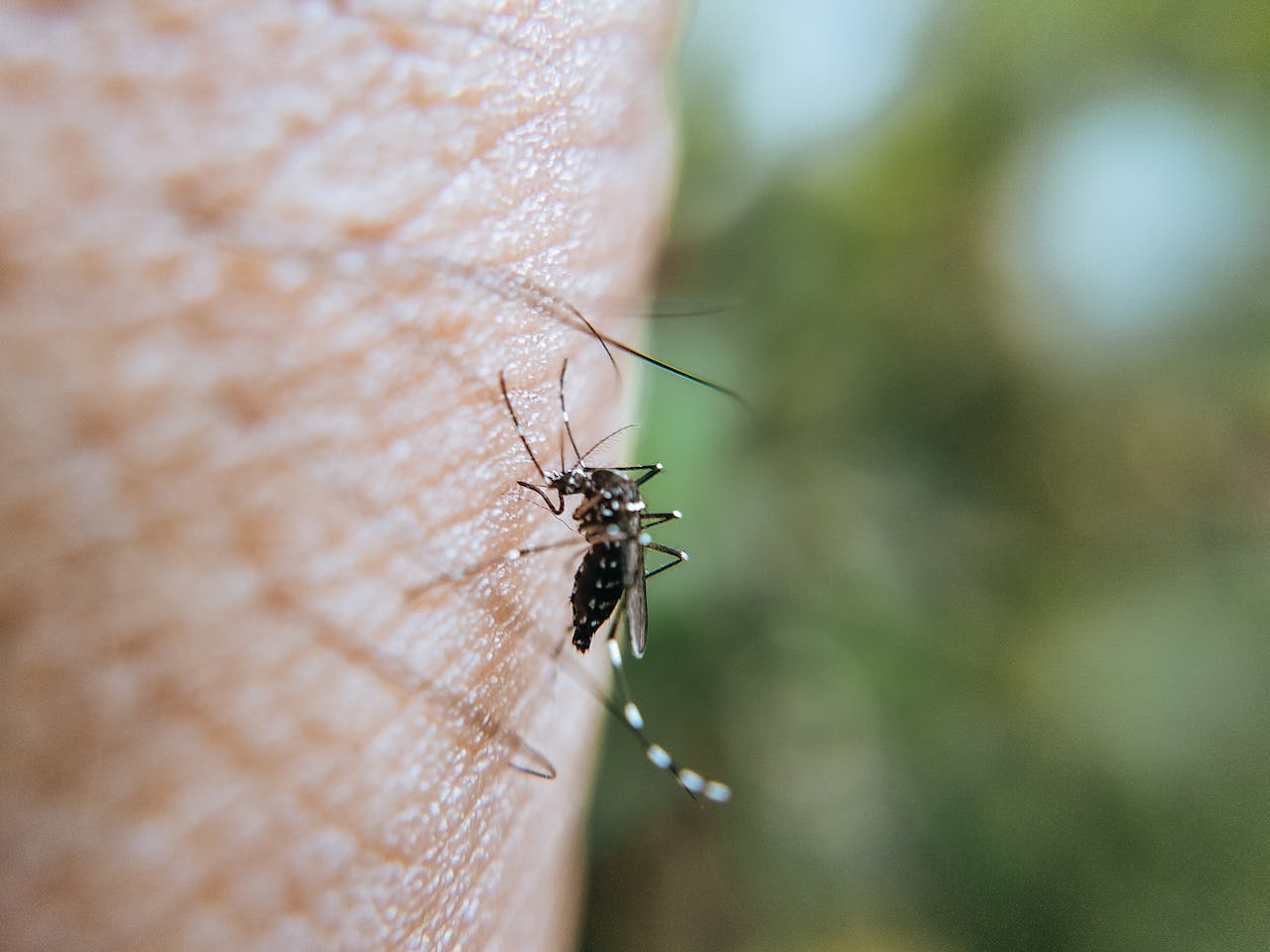Travel related infections are rising so book your holiday vaccinations now

Last month, the UK Health Security Agency (UKHSA) released some concerning data on the rise of travel related infections. Their data indicated that mosquito-borne infections, such as dengue and malaria, were returning to pre-pandemic levels. This has confirmed the need to highlight the importance of holiday vaccinations for anyone travelling to areas where they may be at risk of such infections and to encourage them to take precautions whilst visiting or staying in these areas.
What infections are on the rise?
Dengue Fever:
- In 2023, 634 dengue cases were reported in returning travellers across England, Wales, and Northern Ireland, aligning closely with the 790 cases reported in 2019 during the pre-pandemic period.
- Most reported cases were acquired in Southern Asia and South-Eastern Asia, particularly India.
- However, there has been an increase in cases acquired in Central America and the Caribbean due to recent outbreaks in these regions.
- The World Health Organization (WHO) reports a significant rise in global dengue cases in 2023, resulting in over five million cases and 5,000 deaths worldwide.
Malaria:
- A total of 1,637 malaria cases were confirmed in England from January to October 2023, returning to pre-pandemic levels similar to the 1,719 cases reported in the UK in 2019.
- The average number of cases reported between 2010 and 2019 was 1,612.
- The WHO reports that in 2022, global malaria cases were estimated at 249 million, surpassing pre-pandemic levels by 16 million compared to 2019.
Zika Virus:
- Eight Zika cases were reported in England in 2023, a similar level to 2022.
- Case numbers peaked in 2016 with 725 cases, reflecting the Zika outbreak in America that year, before decreasing in the following years.
- While cases of Zika are low, the infection poses a particular threat to pregnant women and those trying to conceive.
Whilst the UKHSA is closely monitoring the situation and working with local authorities to address the rising threat of mosquito-borne infections in the UK, it is vital that anyone who plans to travel this year, stays up to date with the latest travel health risks and information, and is educated on the symptoms to look out for, such as fever, severe headache, painful muscles and joints, loss of appetite, nausea and vomiting.
The role of travel vaccination clinics
Anyone who plans to travel should speak to their GP, nurse, pharmacist or travel vaccination clinic at least 4 weeks before their trip to get tailored health advice, necessary vaccines and malaria prevention tablets, where relevant.
Travel vaccination clinics have extensive experience and expertise in providing tailored advice and treatments to prepare travellers for their trips. They aim to ensure individuals are fully protected and informed about the health risks and requirements for their specific destinations. By visiting a travel health clinic, holidaymakers can get the necessary vaccinations, antimalarial medications, and other preventative measures to stay healthy and safe during their travels.
Book travel vaccinations London
To stay safe and protected from mosquito-borne diseases, we urge you to book an appointment with our travel health clinic in plenty of time before your journey starts. This will ensure that you can complete any necessary courses of holiday vaccinations and receive all the advice and medication you’ll need to keep you safe and healthy during your trip.
There are also ways that you can further protect yourself from infection whilst travelling, particularly if you are visiting a country where insects spread diseases such as dengue, malaria or Zika. These preventative measures include using insect repellent, covering exposed skin and sleeping under a treated mosquito net. It is also important to ensure your childhood vaccinations are up to date, that you hold valid health insurance and that you stock up on any necessary medications before you travel.
